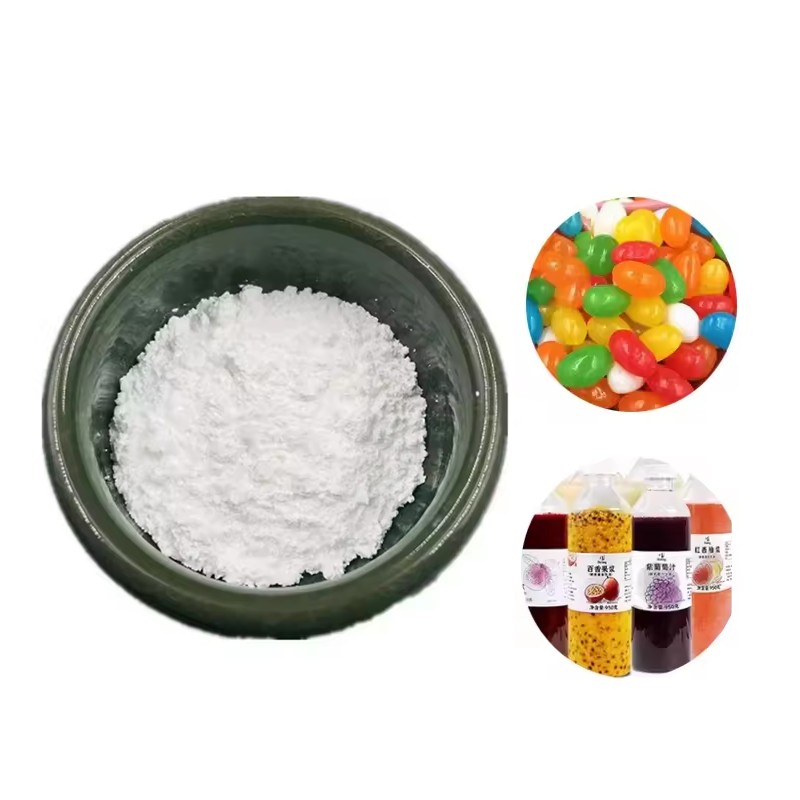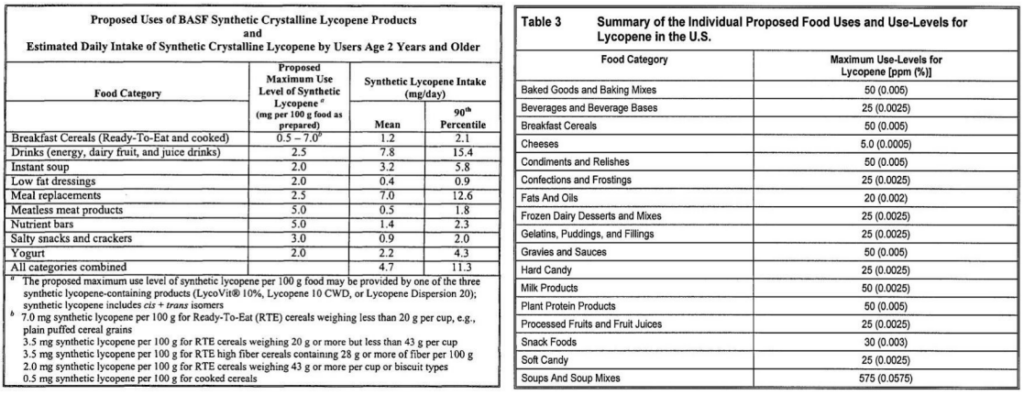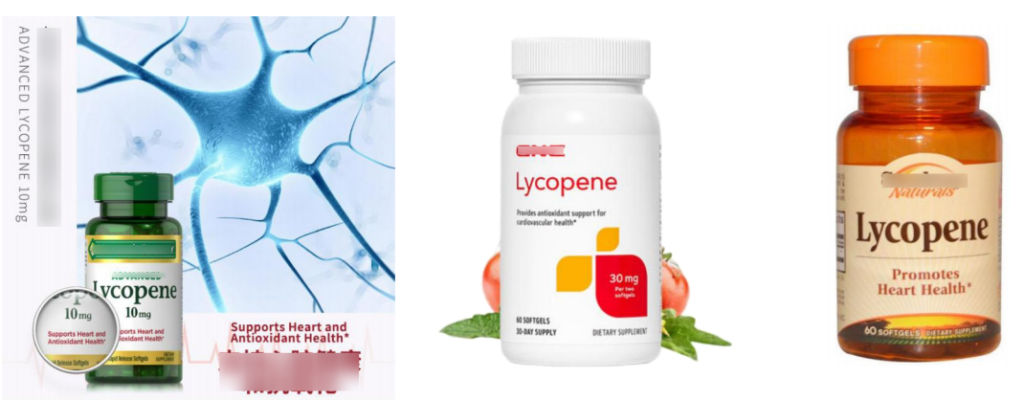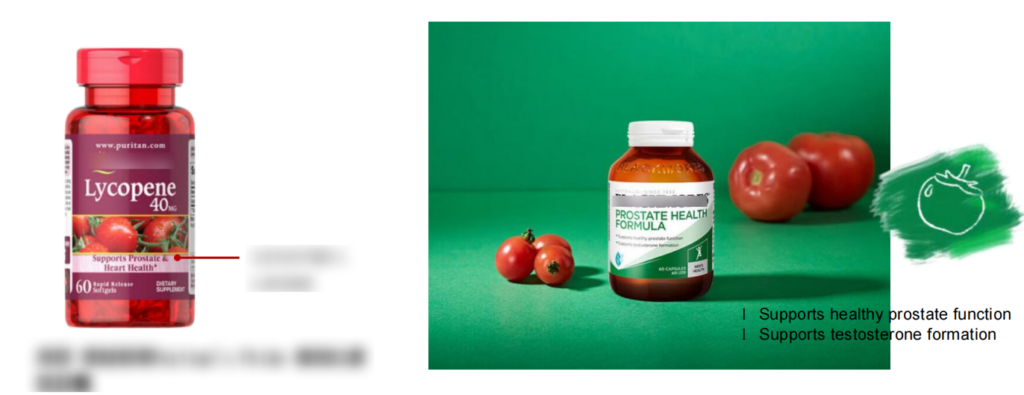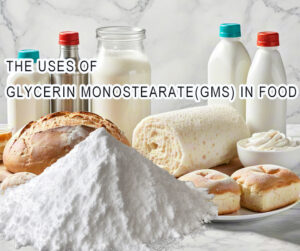What is lycopene?
Lycopene,also known as carotene, is a kind of carotenoid in plants. It has a relatively high content in mature red plant fruits, especially in tomatoes, carrots, watermelons, papayas and guavas.
Natural lycopene comes from plants and microorganisms rich in lycopene. Plant sources of lycopene include yellow and red fruits (papaya, watermelon, persimmon, etc.) and vegetables.
The application of lycopene in food:
Main applications in China: health products; Blended milk, flavored fermented milk, candy, ready to eat grains, baked goods, solid soup.
Ingredients, semi-solid compound seasonings, beverages (excluding packaged drinking water), jelly.
International: Dietary supplements, common foods (such as beverages, dairy products, baked goods, etc.)
Usage: 0.015-0.39 g/kg
What are the main functions of lycopene?
1.Antioxidation:
The in vitro antioxidant capacity of lycopene has been confirmed by many experiments. The ability of lycopene to quench singlet oxygen is more than twice that of the commonly used antioxidant β – carotene and 100 times that of vitamin E.
2.Caring for cardiovascular and cerebrovascular health:
Lycopene improves cardiovascular function and prevents cardiovascular diseases, mainly due to its strong antioxidant and anti-inflammatory properties. Adding lycopene to diet can improve blood pressure, endothelial function, metabolic status, and reduce atherosclerosis.
3.Caring for men’s health:
The intake of lycopene helps to increase the concentration of lycopene in plasma and prostate, reduce DNA damage, inhibit cancer cell proliferation, and lower the risk of prostate disease, thereby improving male health index.
4.Enhance immunity:
Lycopene can protect phagocytic cells from oxidative damage, promote T and B lymphocyte proliferation, and also have a significant promoting effect on non-specific cellular immune indicators.
5.Preventing UV damage:
Lycopene is the first carotenoid to be destroyed in skin photooxidative damage caused by ultraviolet radiation. Consuming lycopene can significantly reduce the incidence of skin sunburn in women and has a certain skin photoprotective effect.
6.Preventing cancer:
Lycopene, as a naturally derived antioxidant compound, has anti-inflammatory and antioxidant properties, exhibiting significant anti proliferative and pro apoptotic properties, and has been introduced as a complementary therapy for cancer
With people’s increasing attention to dietary health, lycopene is becoming more and more popular. Lycopene has good application prospects. If you are interested in the product, please contact us!

